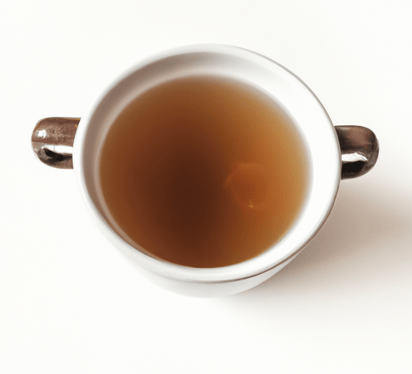Bone Broth: Important Facts, Health Benefits, and Recipes
Explore the health benefits and culinary uses of bone broth. In our ultimate guide we cover its history, storage tips, and how bone broth supports joint, gut, skin, and immune health.

Nutritional Facts
1 cup
Amount per serving
Calories
120.3
Carbohydrates
10 g
Fat
6 g
Protein
6 g
Saturated Fat
1.5 g
Sodium
290.6 mg
Fiber
0.9 g
Sugar
8 g
Best Bone Broth Recipes
-

-

-

-

-

-

-

-

-
![Skillet Lasagna Recipe Image]()


